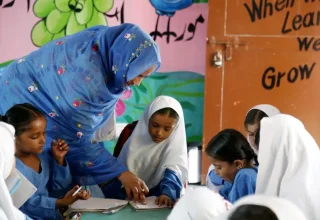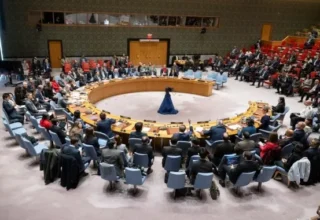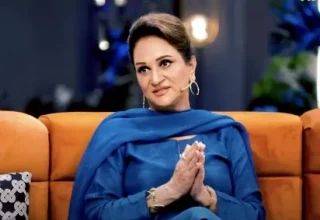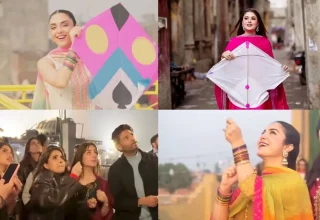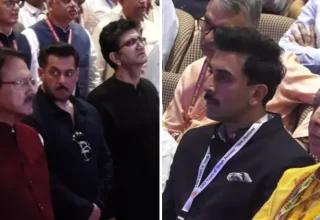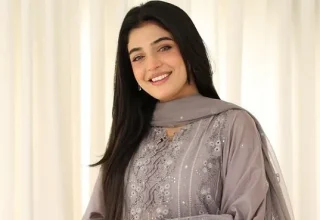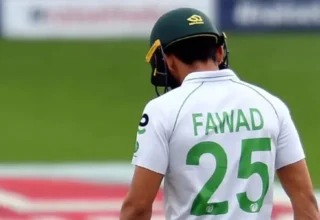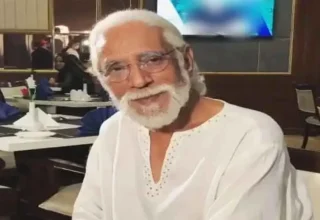
In a career spanning over three decades in Bollywood, actor Raveena Tandon has witnessed the industry change for the better. She said she can now see more women on the sets, while the pay gap between male and female actors is being bridged. However, she recalled how unjust the scenario was in the 1990s. Reflecting on pay disparity in a recent conversation with Jist, she revealed that she had to work on numerous films to earn the sort of money that her male counterparts were making with a fraction of the work.
“The money wasn’t great for actresses in those days,” she shared, adding, “In those days, the money was very, very low, especially the pay disparity between actors and actresses. Male stars got much more. What they would make in one film, I would make in, say, 15 films. I can’t speak for everybody, I can’t generalise this. I had to do nearly 15–20 films to make as much money as my male counterparts (sic).”
The Mohra actor, who worked alongside Salman Khan and Aamir Khan in her initial films, opened up about male artistes having the luxury of doing fewer films as compared to women actors. “In those days, Aamir and Salman were doing selective films while heroines would be working with many more heroes. But for everybody overall, the money was much less than today’s situation,” added Raveena, who was recently seen in Karmma Calling.
In her recent film, Patna Shuklla, the 49-year-old plays a middle-aged woman who is living her childhood dream of becoming a lawyer. Her character, who works in Patna’s lower court, juggles family responsibilities with her professional life. The actor said the film subtly borrows from society and the patriarchy that exists in it. “We have shown how the onus of caring for the child and family always lies on the woman despite her being a working professional, in the film. You see her (Tanvi) waking up in the morning, cooking for her husband, family and children and then going and fighting the case in the court and then coming back home and taking care of the grihasti (household) again,” she shared.
Raveena, a mother of four, spoke about women having to bear the burden of raising children, as opposed to men. “It is always the mother who has to leave her work behind and attend to the child and not the father. It is quite patriarchal to say that yeh aurat ki zimedari (The idea that it is only a woman’s responsibility to take care of her husband, home, in-laws and children is regressive) but unfortunately even in 2024, the idea is still being normalised,” said Raveena, adding, “Sure, there is awareness about equal opportunities in the urban spaces but in small towns and cities patriarchy is deep-rooted in people’s mindsets. A lot of women achievers who come from small towns face discrimination that is disheartening.”
She further urged youngsters to reach out to their working mothers who may compromise on their dreams to care for their families. “Young men and women don’t go to their working mothers and ask them what they can do to help them. They take their mothers for granted as they think ‘Mummy kar legi.’ Par mummy kitna karegi? (Mom will do it, but how much will mummy do)? She also wants to excel in her career. Unko office se bhi taane sunne padte hai (Their bosses taunt them for leaving early or asking for leave when there is a situation at home). There is a need for sensitivity and it should start from the family,” she concluded.




















